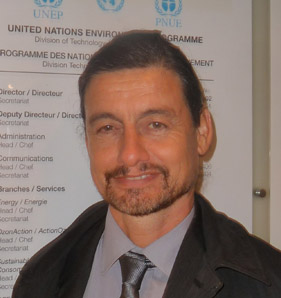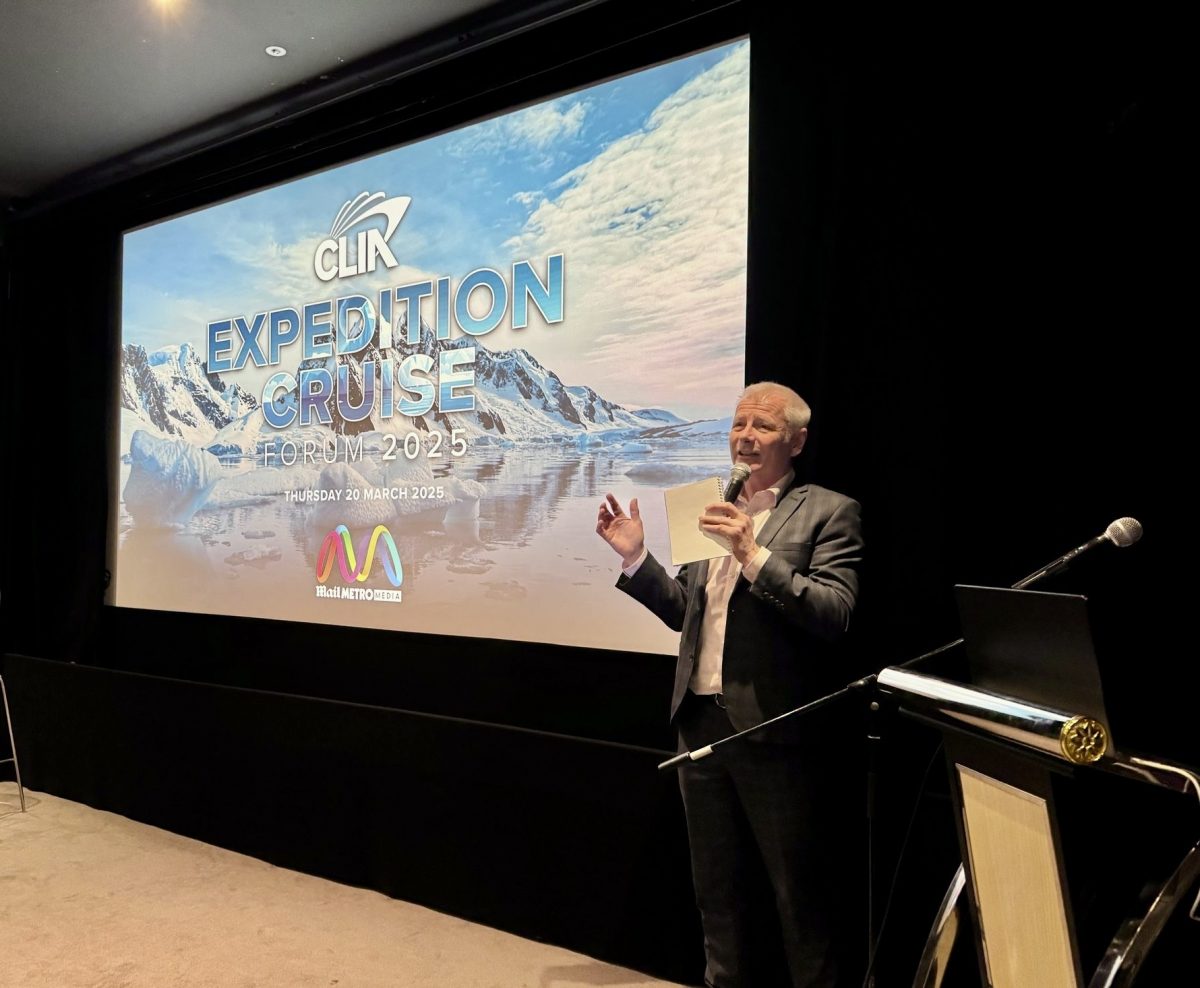The Future We Want: is it without tourism?

UN draft document for Rio+20 omits tourism entirely says Gordon Sillence
A Review of the Zero Draft Outcome Document for Rio +20 for the Ecotrans Network and Supporters – written by Gordon Sillence highlights the fact that tourism – the world’s biggest industry – is passed over entirely.
The Future We Want 1is the name of the zero draft document published last week by the UN CSD to set the word-by-word discussion agenda for Rio+20 this coming June. It requires urgent attention from all those involved in sustainable tourism development, and those who recognise the need for a peace-based global green economy. The document details a renewed political commitment to sustainable development, and then proposes a set of priority actions for the two principle conference themes, the Green Economy and Institutional Change. Although laudable in many aspects, the document has some key short-comings:
SEE: http://www.stakeholderforum.org/fileadmin/files/zerodraft110112.pdf
- There is no mention of tourism or travel in the entire document. It may be considered that travel and tourism can be assumed whenever there is a reference to sector contributions to sustainable development. However, agriculture, industry, energy and transport sectors each receive some individual attention, and travel & tourism should be added to this list. In the ten year update of Agenda 21 in 2002 it was included in the JPOI as item 43, and this 2012 outcome document requires a similar paragraph that reflects the last two decades of changes and should be stated as one of the ‘section V. Framework for action and follow-up’ envisaged in the outcome document (see point 2 below).
- The content of such a paragraph should refer to the need for the overall sustainable development implementation community to recognise the role sustainable tourism can play in sustainable regional and national socio-economic development and environmental protection. This document offers that opportunity to the sector, but as travel and tourism are not even on the agenda it is hardly likely to be given its catalytic, cross-cutting role in overall sustainable development implementation
- There is also no mention of the word peace in the document. If we recognise that since the WSSD we have moved into what UNEP described in 2002 as a ‘security first, markets first’ scenario, where the industrial-military complex, aligned with a core set of sovereign state interests, are content to run the global economy via a low-level warfare, high-level urban and border security approach. This cannot be the basis of a green economy, and certainly not the basis for a vibrant and secure global travel and tourism industry. Therefore the concept of peace must be reasserted as the primary building block of a sustainable society and given an urgent priority of the new global economic reality.
- In paragraph 97, the draft document calls for the adoption of the Framework of Programmes on Sustainable Production and Consumption that failed to pass the 19th sessional meeting on this crucial issue. SCP was the cornerstone of the WSSD and its implementation had already been diluted by the end of the 2002 outcome document. Lessons of a decade of SCP implementation or lack of it need to be truly recognised and learned, then applied now to this next phase with far more rigour than this document envisages.
- The Future We Want is seen to be driven by the voluntary commitments and the formation of ‘innovative partnerships’ (paragraph 41). Although its references to multi-stakeholder processes and sub-regional and regional sustainable development councils are welcomed, there appears to be no clear institutional resourcing and support for this suggested institutional change section, which repeats the fundamental weakness of the JPOI implementation. There is a need for an evolution of the UN Type II Partnership form that was designed to be ‘the implementation tool of the JPOI process’. 20 years after Agenda 21 we should all be much clearer about the essential principle that sustainable development is implemented by knowledgeable multi-stakeholder partnerships, networks and communities, and the document should be able to define stakeholder roles more clearly aligned to the current 21st century challenges we face, and prioritised to those people who are suffering most during the crises as defined by the Millennium Targets for 2015. Therefore in relation to paragraph128, we would like to add to the Outcome document, we as tourism stakeholders wish to make the voluntary commitment at Rio+20 to establish an accountability framework for travel and tourism stakeholders that is embodied in an innovative partnership based on the previous experience and development of UN Type II Tourism Partnerships‘.
- To be true to the original message of Agenda 21, even though biodiversity is mentioned in different contexts the failure to meet the 2010 target should be highlighted in this document to ensure that the 2020 goal is successfully met, as this issue must be given full priorit
- Finally, the section on financing sustainable development (112-117) makes no mention of the much needed mechanisms for redistribution of wealth, control of financial institutions or de- militarization issues that are necessary measures for sustainable development in the context of current crises and growing inequality gap. The 2.5 trillion dollars that would be annually released by a 25% reduction in levels of global violence2 could easily finance a future we really want.
- SEE: http://www.visionofhumanity.org/info-center/global-peace-index-2011 This review document is being circulated to Ecotrans Network members, supporters and key partners prior to being presented to the zero draft review process. It requests UNEP, UN-WTO and the EUs DG Enterprise or Sec Gen to take immediate independent action on the above issues, and calls for partnerships and networks such as the GPST and the GSTC to take up these issues urgently It further proposes a European level multi-stakeholder action to engage tourism stakeholders in Europe via the EU contribution to Rio+20.
For further discussion of this document please contact Gordon Sillence Ecotrans – DestiNet Services gordon.destinet@ecotrans.de http://destinet.eu/topics/sustainable-consumption-and-production/rio-20/future-we-want- review-ecotrans-network-and-supporters
Sustainable Tourism Report Suite 2011 Special Offers HERE
 United Kingdom
United Kingdom United States
United States Asia Pacific
Asia Pacific












































Royal Caribbean issues Legionnaires’ disease warning
Qatar Airways adding Manchester flights
Jet2 unveils Samos as new Greek destination for summer 2026
EU entry-exit system delayed again
ATC strike in Greece could disrupt flights this week